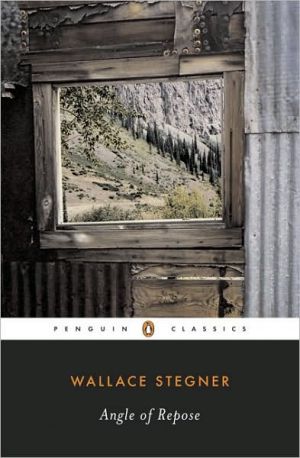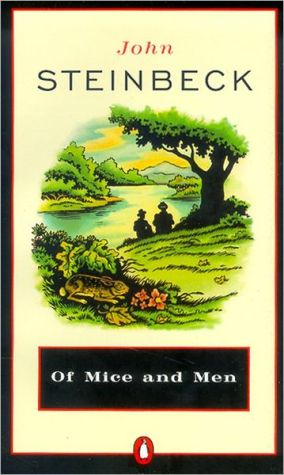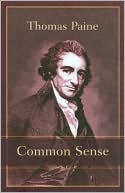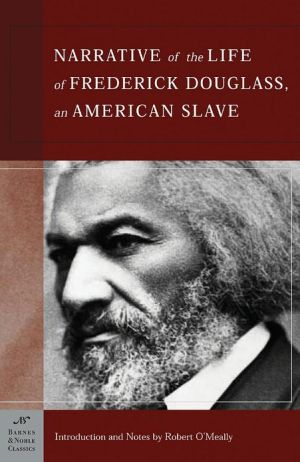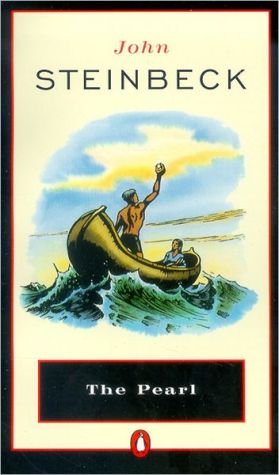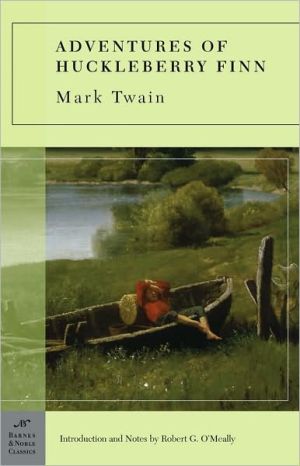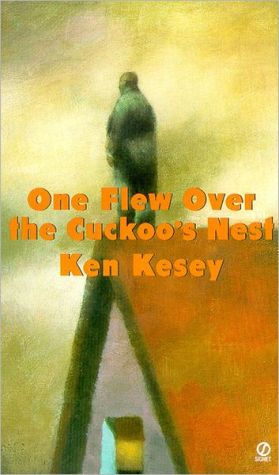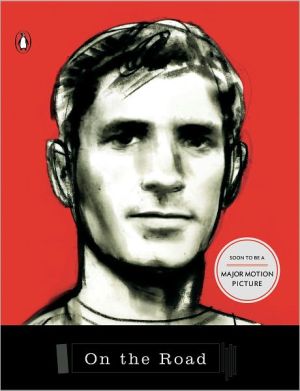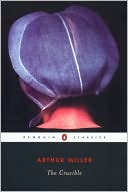Angle of Repose
Angle of Repose tells the story of Lyman Ward, a retired professor of history and author of books about the Western frontier, who returns to his ancestral home of Grass Valley, California, in the Sierra Nevada. Wheelchair-bound with a crippling bone disease and dependent on others for his every need, Ward is nonetheless embarking on a search of monumental proportions - to rediscover his grandmother, now long dead, who made her own journey to Grass Valley nearly a hundred years earlier. Like...
Search in google:
Angle of Repose tells the story of Lyman Ward, a retired professor of history and author of books about the Western frontier, who returns to his ancestral home of Grass Valley, California, in the Sierra Nevada. Wheelchair-bound with a crippling bone disease and dependent on others for his every need, Ward is nonetheless embarking on a search of monumental proportions - to rediscover his grandmother, now long dead, who made her own journey to Grass Valley nearly a hundred years earlier. Like other great quests in literature, Lyman Ward's investigation leads him deep into the dark shadows of his own life.Publishers WeeklyIt is at first disconcerting that the narrator sounds half the age of the author's narrator: Lyman Ward is an elderly, severely crippled historian at odds with his wife and children over his ability to live alone and write. But Mark Bramhall's comparative youth is soon forgotten as he leads us into the saga of intertwined generations. His pacing, his characterizations, and his convincing emotional repertoire embed us in this 1971 Pulitzer Prize winner that is in no way dated. Stegner's heroine is Ward's grandmother, Susan Burling Ward, a 19th-century writer and artist living in the rough mining towns of the West with her idealistic engineer husband. Bramhall's Susan is sometimes too girlish, but this, too, is a small matter; overall, he offers us a fine reading of a superb book. A Penguin Classics paperback. (Mar.)
INTRODUCTION\ Wallace Stegner has said of his epic novel, "It's perfectly clear that if every writer is born to write one story, that's my story." It is a testament to the power of Stegner's prose and vision that Angle of Repose, winner of the 1972 Pulitzer Prize for fiction, can be appreciated as America's story as well. Based on the correspondence of the little-known 19th century writer, Mary Hallock Foote, the novel's heroes represent opposing but equally strong strains of the American ideal. Susan Burling Ward is refined, educated, and strong-willed. Her husband, Oliver, is a handsome adventurer of cruder habits, who brings a pistol when he comes courting, yet who is humbled in the presence of Susan's sophistication. As we follow Susan on her first journey across the young country—"not to join a new society but to endure it"—we experience the West through the eyes of a true easterner, horrified at the lack of culture, the quickly fabricated cities, the dust, dirt and heat. Susan eventually finds herself able to appreciate the raw beauty of her new surroundings, and is even successful in building comfortable homes for her family. Yet throughout her married life she defines herself through her east coast roots, debating Oliver's worthiness as a husband and provider, and assessing what she has given up in exchange for a life of adventure and uncertainty.\ \ ABOUT WALLACE STEGNER\ Wallace Stegner was born in 1909 in Lake Mills, Iowa. The son of Scandinavian immigrants, he traveled with his parents and brother all over the West—to North Dakota, Washington, Saskatchewan, Montana, and Wyoming—before settling in Salt Lake City in 1921. Many of the landscapes he encountered in his peripatetic youth figure largely in his work, as do characters based on his stern father and athletic, outgoing brother. Stegner received most of his education in Utah, graduating from the University in 1930. He furthered his education at the University of Iowa, where he received a master's and a doctoral degree. He married Mary Stuart Page in 1934, and for the next decade the couple followed Wallace's teaching career—to the University of Wisconsin, Harvard, and eventually to Stanford University, where he founded the creative writing program , and where he was to remain until his retirement in 1971. A number of his creative writing students have become some of today's most well respected writers, including Wendell Berry, Thomas McGuane, Raymond Carver, Edward Abbey, Robert Stone, and Larry McMurty.\ DISCUSSION QUESTIONS\ \ What do you think of Stegner's narrative technique, i.e., his use of a contemporary historian to tell Susan Ward's story? Is Lyman Ward a reliable narrator? How would this novel be different if Lyman's own story were excluded?\
Introduction by Jackson J. Benson\ Introduction Suggestions for Further Reading Part I: Grass Valley Part II: New Almaden Part III: Santa Cruz Part IV: Leadville Part V: Michoacán Part VI: On the Bough Part VII: The Canyon Part VIII: The Mesa Part IX: The Zodiac Cottage
\ Publishers Weekly - Publisher's Weekly\ This long, thoughtful novel about a retired historian who researches and writes about his pioneer grandparents garnered Stegner a Pulitzer Prize. (July)\ \ \ \ \ BooknewsA reprint of the Pulitzer Prize-winning novel first published by Doubleday, 1971. Annotation c. Book News, Inc., Portland, OR (booknews.com)\ \ \ Publishers WeeklyIt is at first disconcerting that the narrator sounds half the age of the author's narrator: Lyman Ward is an elderly, severely crippled historian at odds with his wife and children over his ability to live alone and write. But Mark Bramhall's comparative youth is soon forgotten as he leads us into the saga of intertwined generations. His pacing, his characterizations, and his convincing emotional repertoire embed us in this 1971 Pulitzer Prize winner that is in no way dated. Stegner's heroine is Ward's grandmother, Susan Burling Ward, a 19th-century writer and artist living in the rough mining towns of the West with her idealistic engineer husband. Bramhall's Susan is sometimes too girlish, but this, too, is a small matter; overall, he offers us a fine reading of a superb book. A Penguin Classics paperback. (Mar.)\ \
